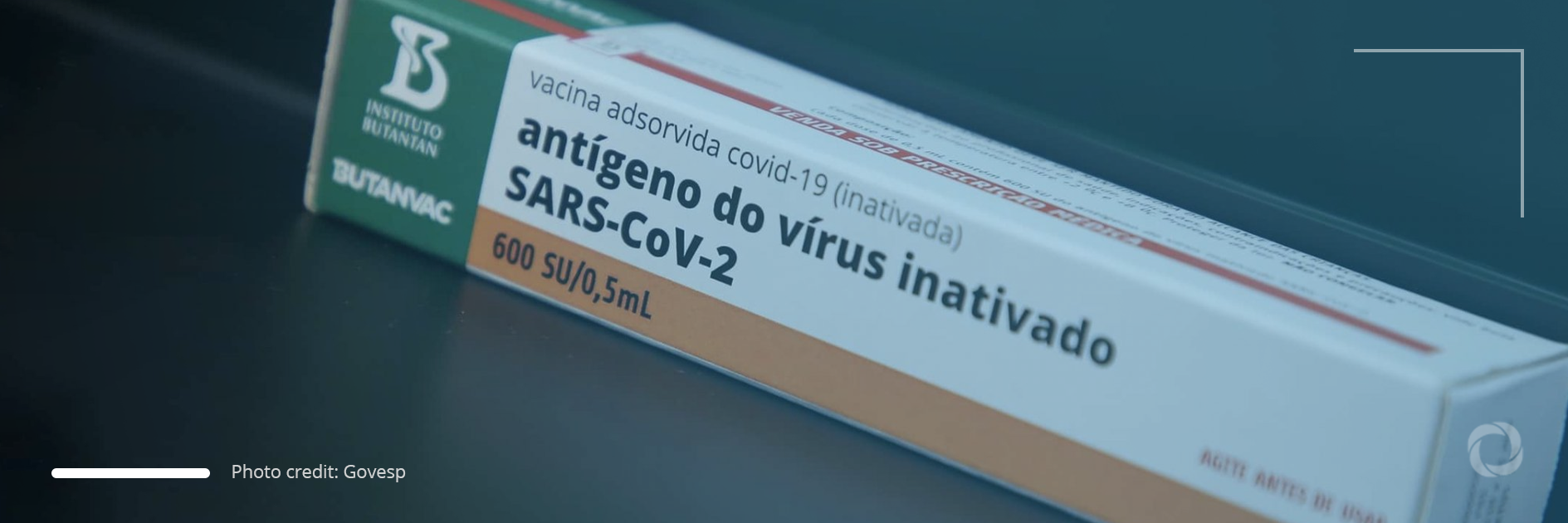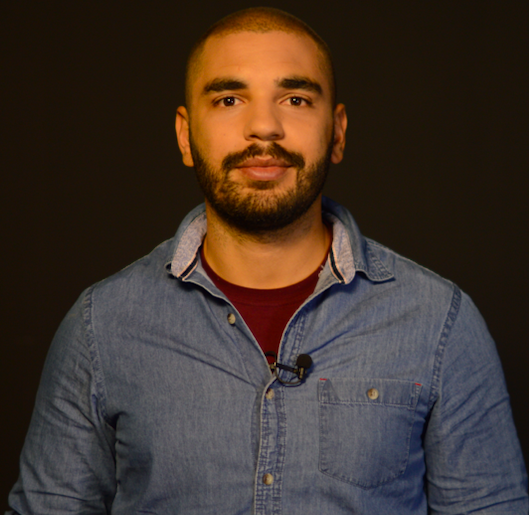After facing difficulties at the beginning of the year to guarantee the purchase of vaccines and begin its vaccination program, Brazil has progressed with the immunization of its population. More than 116 million Brazilians are already fully protected, representing 54.50% of the entire population – well above the world average of 39%, but to anticipate and guarantee next year’s vaccinations, researchers are testing the first all-Brazilian vaccine, named Butanvac.
Butanvac has been developed by the Butantan Institute which is located in São Paulo where the Chinese vaccine, Corovanac, from the Sinovac laboratory was also produced. This year, more than 8 million doses have already been manufactured and are waiting for the end of the third phase of tests and the approval of the Brazilian Health Regulatory Agency, Anvisa, before heading straight into the arms of the Brazilian population.
Of the countries that make up the BRIC, until now Brazil and South Africa were the only two that did not have an immunizing agent in clinical trials, or already approved, to call their own whereas Sputnik V (Russia), CoronaVac (China), and Covaxin (India) are being widely used on more than one continent.
Butanvac is already in the testing phase on volunteers. It has partnered with the Mount Sinai Hospital in New York as well as Vietnam and Thailand to test Butanvac. In September, Thailand released preview results of the first tests which showed good safety and immune response rates. Less than a third of the participants had a reaction to the vaccine and no serious cases were registered.
“The safety profile of the vaccine is excellent. We are already talking about the second generation of vaccines, the vaccine 2.0. We learned from previous vaccines and we already know what a good vaccine for COVID is. It is a vaccine that will be more immunogenic, with clinical studies in animals showing this, and we predict that we will be able to use lower doses per person and, with that, we will be able to have more vaccines for the population,” commented Dimas Covas, Butantan director.
The goal is to complete the studies by the end of this year and obtain approval from Anvisa by the beginning of 2022. Per year, Butantan will have the capacity to produce 100 million doses which should initially be used to boost vaccination in Brazil next year.


